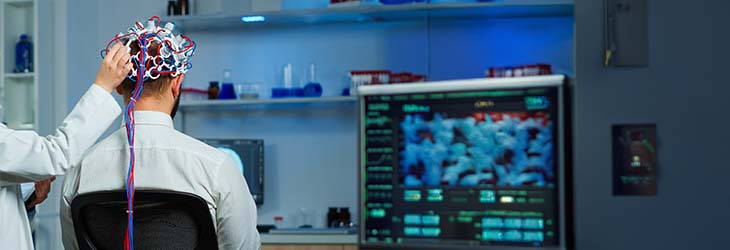Track: Otology and Neurotology

Neurotology, a subdivision of otology, focuses on the neurological aspects associated with the ear, particularly the inner ear and related brainstem structures, also known as Oto neurology. While otology typically addresses middle ear diseases and resulting conductive hearing loss, neurotology pertains to the treatment of inner ear conditions, including hearing and balance disorders.
Neurotology is a subspecialty of otolaryngology and neurology that focuses on the diagnosis and treatment of disorders affecting the inner ear and related neural structures. It involves managing conditions like hearing loss, balance disorders, and tinnitus, often with complex interactions between the auditory and neurological systems. Neurotologists use advanced diagnostic tools and surgical techniques to address issues such as brain tumors, acoustic neuromas, and other neuro-otologic conditions impacting both hearing and balance.
Neurotology is a subspecialty of otolaryngology and neurology that focuses on the diagnosis and treatment of disorders affecting the inner ear and related neural structures. It involves managing conditions like hearing loss, balance disorders, and tinnitus, often with complex interactions between the auditory and neurological systems. Neurotologists use advanced diagnostic tools and surgical techniques to address issues such as brain tumors, acoustic neuromas, and other neuro-otologic conditions impacting both hearing and balance.
Facial Nerve Paralysis: Loss of muscle control on one side of the face due to nerve damage, causing drooping and difficulty with facial expressions. It can result from infections, trauma, or neurological conditions.
Hearing Loss and Deafness: Impaired ability to hear sounds, which can be partial or total. Causes include age, noise exposure, genetic factors, and infections.
Labyrinthectomy: A surgical procedure to remove part or all of the inner ear (labyrinth) to treat severe vertigo or balance disorders, often performed when other treatments fail.
Vertigo: A sensation of spinning or dizziness caused by issues with the inner ear or central nervous system, affecting balance and spatial orientation.
Sensorineural Hearing Loss: Permanent hearing loss caused by damage to the inner ear or auditory nerve, often due to aging, exposure to loud noise, or genetic factors.
Neuro Otolaryngology: A subspecialty combining neurology and otolaryngology, focusing on complex interactions between the nervous system and ENT disorders, including brain tumors and neurological impacts on hearing and balance.
Perforated Eardrum: A tear or hole in the eardrum, often resulting from infections, trauma, or sudden pressure changes, which can lead to pain, hearing loss, and increased risk of ear infections.
Scientific Highlights
- Otolaryngology / Otorhinolaryngology
- Audiology and communication Disorders
- Oral, maxillofacial surgery and Dentistry
- Otology and Neurotology
- Head, Neck and Oral Oncology
- Laryngology and Larynx Disorders
- Speech Language Pathology
- Obstructive Sleep Apnea (OSA)
- Facial and ENT Plastic Surgery
- Endoscopic ENT Surgery and Laparoscopic
- Craniofacial Surgery
- Pediatric Otorhinolaryngology and ENT
- ENT Rehabilitation
- Allergy and Immunology
- Phoniatrics and Ped audiology
- Rhinitis and Sinusitis
- Oral Oncology
- New Trends in ENT
- Surgery for Nasal Disorders
- COVID 19 and ENT
- Physiological Disorders of Ear, Nose and Throat
- ENT Implants and its Application
- Ear Surgery and Myringotomy


